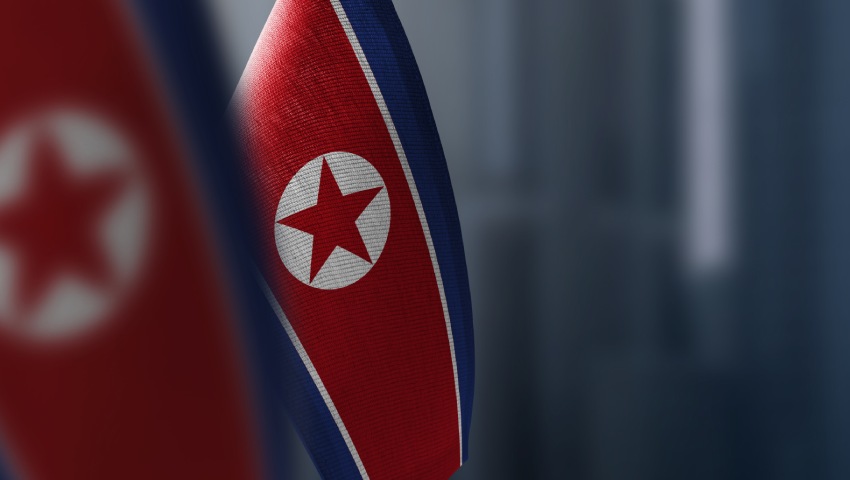North Korea test fired three missiles into the ocean earlier in the week, with one of the systems expected to be an intercontinental ballistic missile (ICBM) prompting condemnation from South Korea, Japan and the US.
North Korea’s missile test came shortly after US President Joe Biden wrapped up his visit to Asia, where he met with Quad partners including newly elected Australian Prime Minister Anthony Albanese.
The visit made international headlines as reporters asked the President what he would say to North Korean dictator Kim Jong-Un, responding with “Hello. Period.” Though, made additional assurances to his South Korean and Japanese counterparts throughout the trip.
The three tests came in quick succession, with the first and second tests spaced 37 minutes apart, followed by a five-minute interval before the third test.
If confirmed to be an ICBM, it will be the second ICBM conducted by the rogue regime this year following a DPRK-led moratorium on testing the weapons systems in 2018.
There, however, remains doubt as to the status of the other two missiles used in the launch.
According to a statement made by National Security Advisor Jake Sullivan, the White House acknowledged up to three ballistic missiles were fired.
“National Security Advisor Jake Sullivan spoke by phone today with Republic of Korea (ROK) National Security Advisor Kim Sung-han to discuss the Democratic People’s Republic of Korea (DPRK) recent launch of three ballistic missiles,” the statement by the White House read.
“They both condemned the DPRK’s destabilizing ballistic missile tests and committed to continue building on their close coordination. Mr. Sullivan also reaffirmed the United States’ steadfast commitment to the defense of the ROK.”
Throughout the Quad meeting, the four leaders reaffirmed their support for the maintenance of the international rules-based order.
“With the COVID-19 pandemic still inflicting human and economic pain around the world, tendencies for unilateral actions among states and a tragic conflict raging in Ukraine, we are steadfast,” the Quad joint leaders’ statement read.
“We strongly support the principles of freedom, rule of law, democratic values, sovereignty and territorial integrity, peaceful settlement of disputes without resorting to threat or use of force, any unilateral attempt to change the status quo, and freedom of navigation and overflight, all of which are essential to the peace, stability and prosperity of the Indo-Pacific region and to the world.
“We will continue to act decisively together to advance these principles in the region and beyond. We reaffirm our resolve to uphold the international rules-based order where countries are free from all forms of military, economic and political coercion.”
[Related: How will North Korea play its cards in 2022?]



